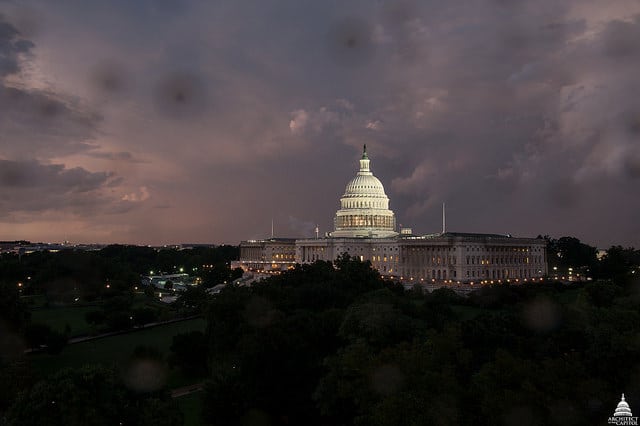
Last-minute efforts this week on Capitol Hill to funnel money into programs for storage and permanent disposal of the nation’s nuclear waste sputtered out quietly, overshadowed by Congress’ showdown with President Donald Trump over the federal budget.
The seeminly…